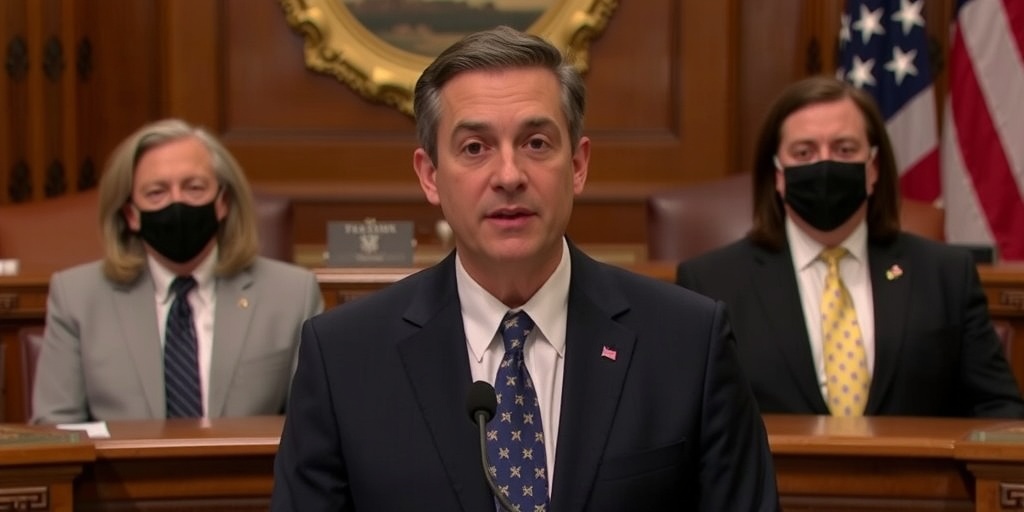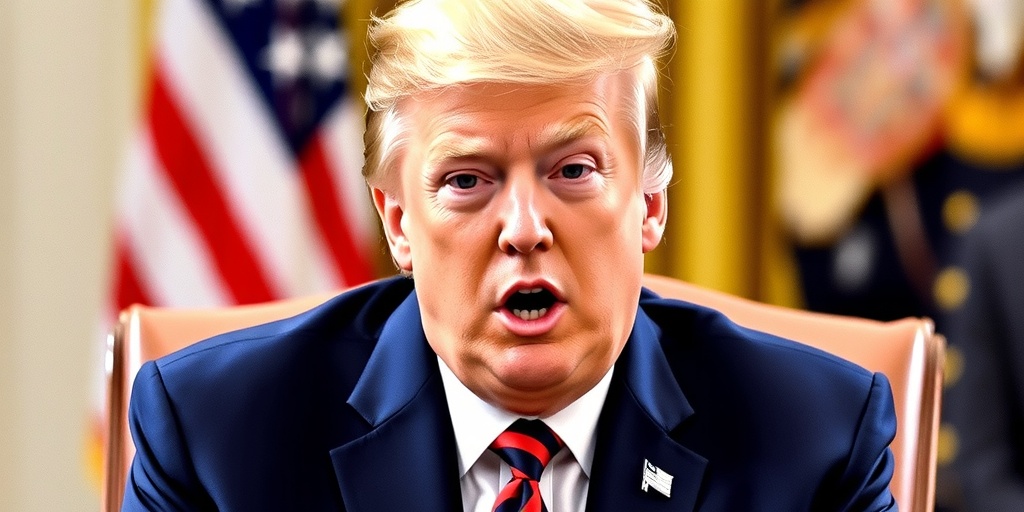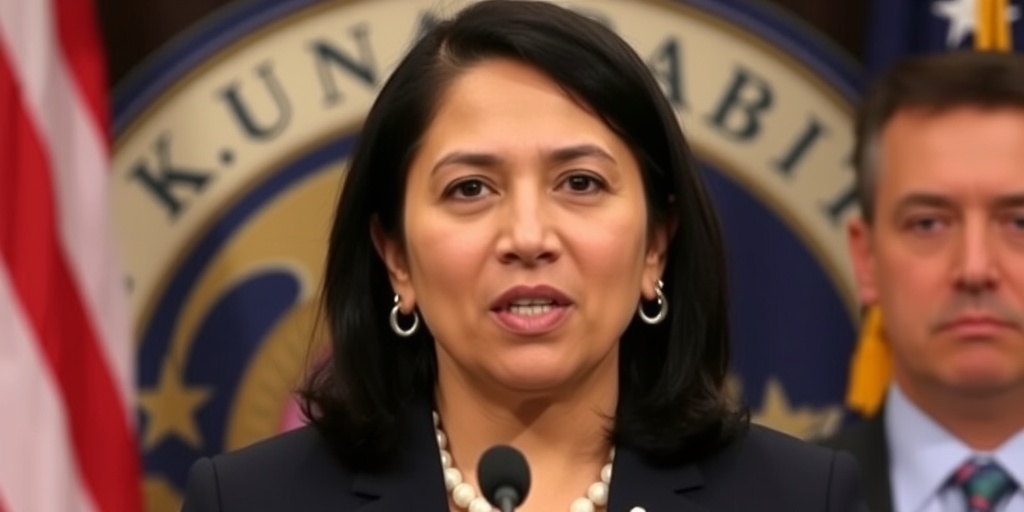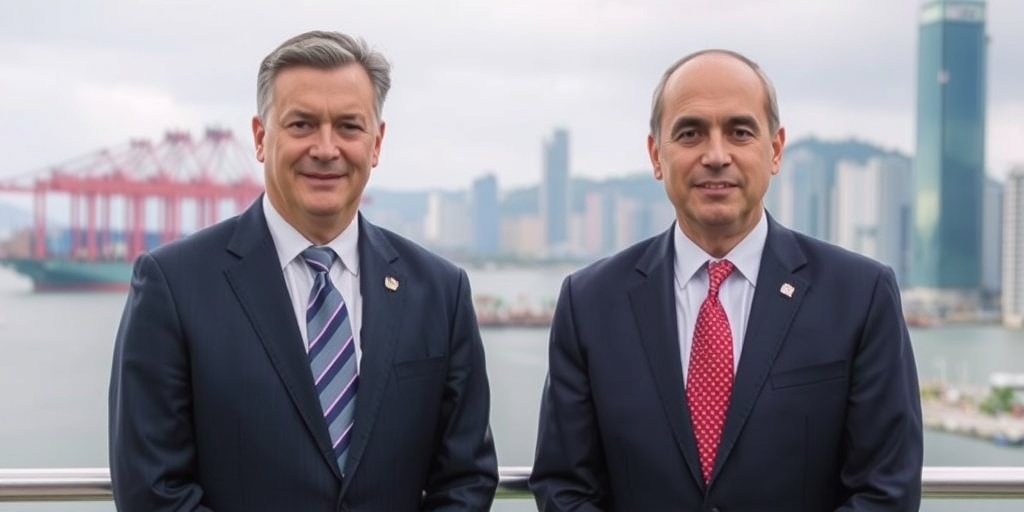Now Reading: Robert W. McChesney, Media Critic and Corporate Control Advocate, Dies at 72
-
01
Robert W. McChesney, Media Critic and Corporate Control Advocate, Dies at 72
Robert W. McChesney, Media Critic and Corporate Control Advocate, Dies at 72
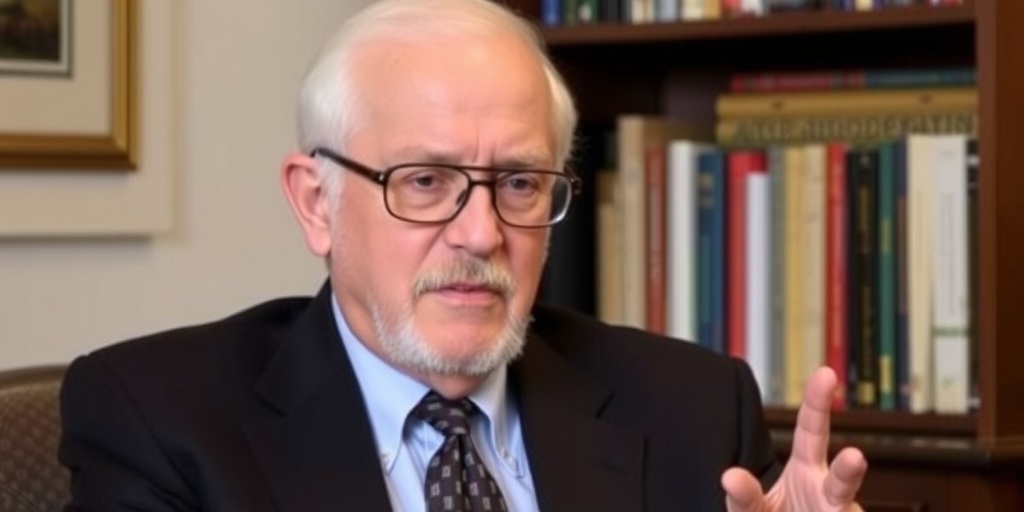
Tribute to Robert W. McChesney: A Voice for Democracy in Media
Robert W. McChesney, a prominent and influential left-leaning media critic, passed away on March 25 at the age of 72 in his home in Madison, Wisconsin. The cause of death was glioblastoma, an aggressive form of brain cancer, as confirmed by his wife, Inger Stole.
McChesney made significant contributions to the study and critique of the media landscape in the United States, consistently arguing that corporate ownership of news outlets poses a substantial risk to American journalism and democracy. Through his extensive work, including over a dozen books and numerous articles and interviews, McChesney maintained a firm stance against the growing influence of Silicon Valley billionaires, warning that their dominance over online information was detrimental to democratic processes.
Educated in the field of communications, McChesney earned his Ph.D. and taught at various universities, balancing his academic pursuits with a career in journalism. He was notably the founding publisher of The Rocket, a Seattle music magazine that documented the rise of bands like Nirvana in the 1990s.
In his early work, particularly in "Rich Media, Poor Democracy" (1999), he cautioned that the consolidation of media ownership would erode democratic norms. His perhaps most recognized book, "Digital Disconnect: How Capitalism Is Turning the Internet Against Democracy" (2013), vehemently rejected the notion that the internet would foster a flourishing exchange of ideas and invigorate democracy. Instead, he argued that it was leading to the demise of traditional journalism while filling the void with trivial content like celebrity gossip and cat videos.
McChesney’s critique of the media was rooted in a broader analysis of capitalism. He articulated that the foundational elements of contemporary corporate capitalism—profit motives, commercialism, public relations, marketing, and advertising—are integral to understanding the development of the internet and its implications for society.
Throughout his career, McChesney was an unapologetic socialist, advocating for significant reforms in how news is funded and distributed. He proposed a radical idea: that the government should provide every American with a $200 voucher to donate to the nonprofit news outlets of their choice, fostering a more diverse and independent media ecosystem.
His political activism included support for Senator Bernie Sanders’s presidential campaigns, reflecting a shared vision for a more equitable society. McChesney and Sanders collaborated on various initiatives, with Sanders even writing a foreword for McChesney’s co-authored book, "Dollarocracy: How the Money and Media Election Complex Is Destroying America" (2013).
In a notable interview with Truthout, McChesney criticized mainstream media narratives, particularly regarding Sanders’s candidacy in the 2016 presidential primary. He argued that networks like CNN and MSNBC tended to favor establishment candidates, thereby limiting discourse and unfairly influencing public perception.
In 2006, the conservative writer David Horowitz placed McChesney on a list of the "101 Most Dangerous Academics in America," branding him as a "tenured radical" indoctrinating students. Conversely, in 2008, Utne Reader honored him as one of the "50 Visionaries Who Are Changing Your World," highlighting his impactful contributions.
McChesney’s warnings about the concentration of power among corporate giants became increasingly relevant as companies like Facebook and Google dominated online information. He argued that their monopolistic control undermined a legitimate free press and a functioning democracy. In interviews, he suggested that nationalization of these entities might be necessary, proposing that they operate as quasi-public services akin to the Post Office.
In 2003, he co-founded Free Press, a public interest group dedicated to combating corporate consolidation in the media and advocating for net neutrality to ensure equitable access to the internet for all content producers, from major streaming platforms to individual bloggers.
Born on December 22, 1952, in Cleveland, McChesney grew up in Shaker Heights. He attended the Pomfret School in Connecticut, eventually graduating from Evergreen State College in Washington in 1977 with a degree in politics and economics. His early career involved reporting for U.P.I. and editing The Seattle Sun before he became the publisher of The Rocket, which chronicled the burgeoning grunge scene.
McChesney later pursued a Ph.D. at the University of Washington, completing his degree in 1989. He taught at the University of Wisconsin-Madison for a decade before moving to the University of Illinois Urbana-Champaign, where he held the position of Gutgsell Endowed Professor in the communications department.
He is survived by his wife, Inger, their daughters, Amy and Lucy McChesney, and his brother, Samuel P. McChesney III. In his later writings, including "People Get Ready: The Fight Against a Jobless Economy and a Citizenless Democracy" (2016), he cautioned about the impact of artificial intelligence and digital advancements on job loss and societal engagement.
Professor McChesney leaves behind a legacy as a fierce advocate for media reform, a critic of corporate hegemony in journalism, and a visionary for a more democratic society. His insights continue to resonate, urging us to reconsider the relationship between media, democracy, and the realities of capitalism in the digital age.
Stay Informed With the Latest & Most Important News
Previous Post
Next Post
-
 01New technology breakthrough has everyone talking right now
01New technology breakthrough has everyone talking right now -
 02Unbelievable life hack everyone needs to try today
02Unbelievable life hack everyone needs to try today -
 03Fascinating discovery found buried deep beneath the ocean
03Fascinating discovery found buried deep beneath the ocean -
 04Man invents genius device that solves everyday problems
04Man invents genius device that solves everyday problems -
 05Shocking discovery that changes what we know forever
05Shocking discovery that changes what we know forever -
 06Internet goes wild over celebrity’s unexpected fashion choice
06Internet goes wild over celebrity’s unexpected fashion choice -
 07Rare animal sighting stuns scientists and wildlife lovers
07Rare animal sighting stuns scientists and wildlife lovers













